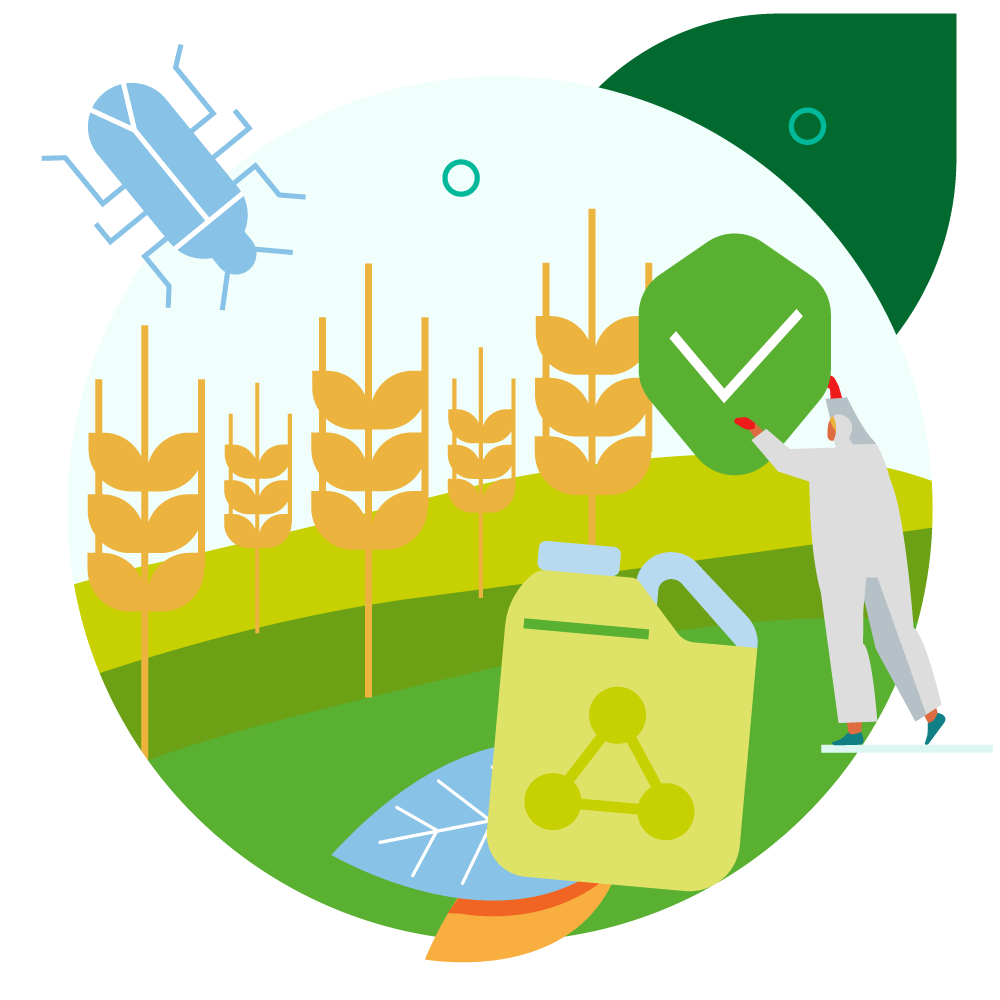When used responsibly, they help farmers grow more food. They are a core part of the Integrated Pest Management (IPM) approach to sustainable agriculture, where they’re used only as a last resort to save crops from pests and diseases.

In recent years, there’s been a big decrease in their use and the risks they pose, thanks to a transformation in farming practices, with increased uptake of IPM, and new tools. Technology has also helped make these pesticides more environmentally friendly, reducing their impact on nature.
We understand the need to decrease dependency on one solution to secure and protect yields.
Nonetheless, we believe a holistic approach is the best way to balance the preservation of biodiversity and mitigate the impact of climate change whilst preserving farmers’ ability to produce enough safe and healthy food.
This approach is essential as we shift towards a more sustainable and robust agricultural system in Europe.